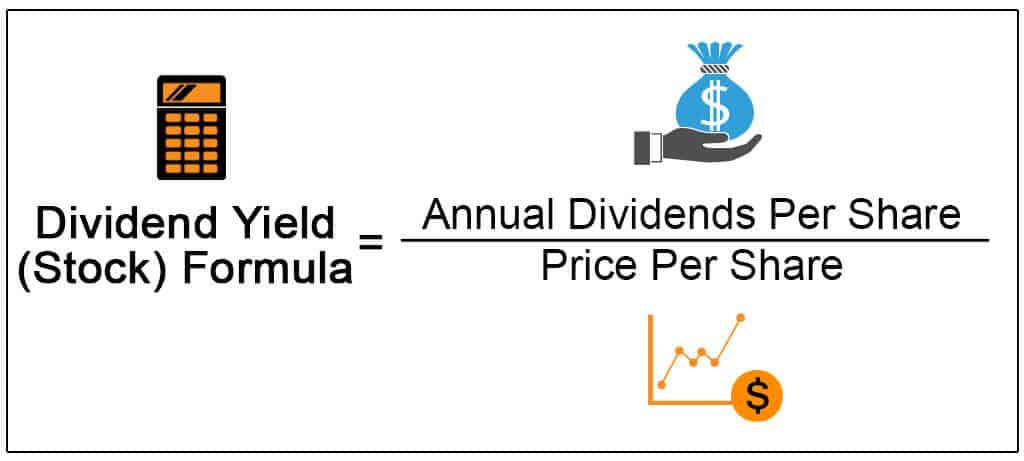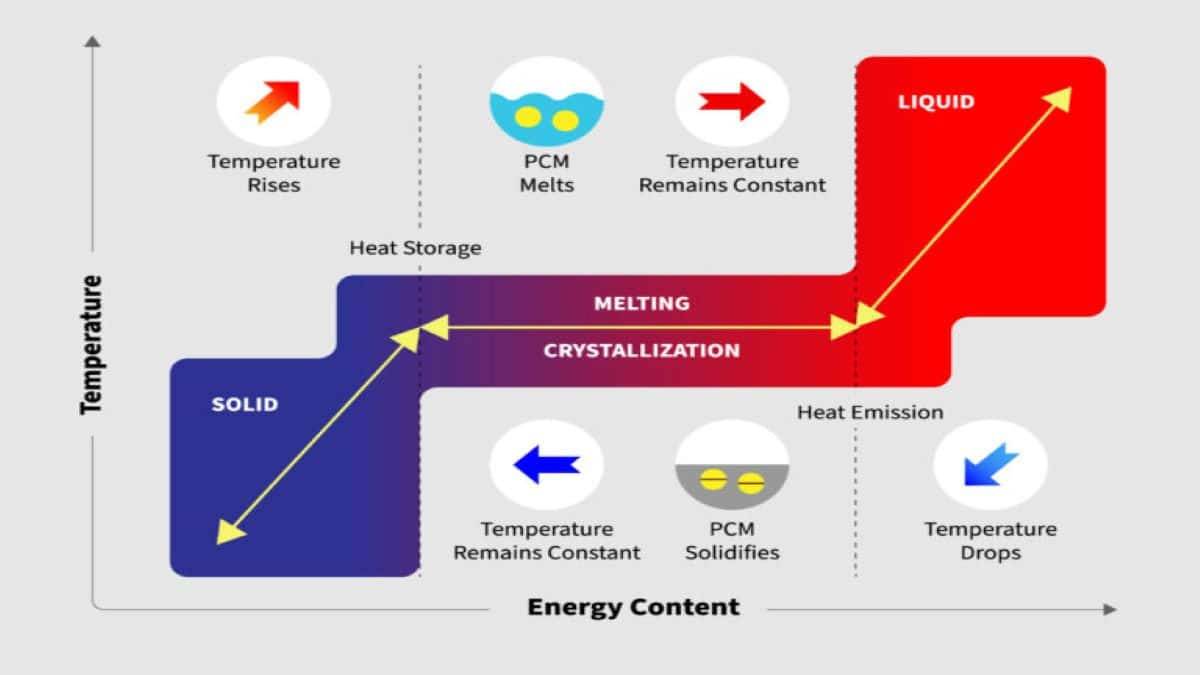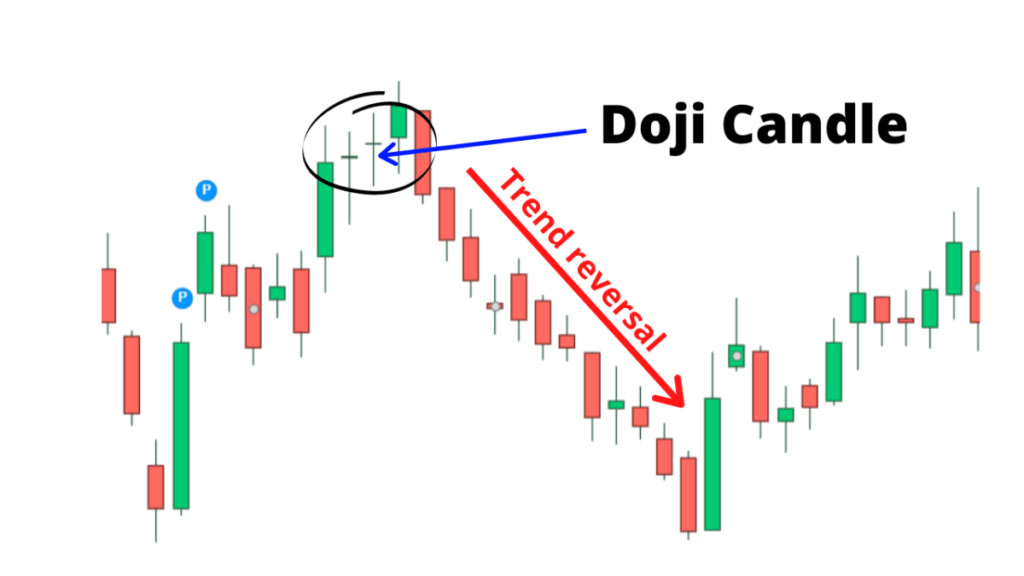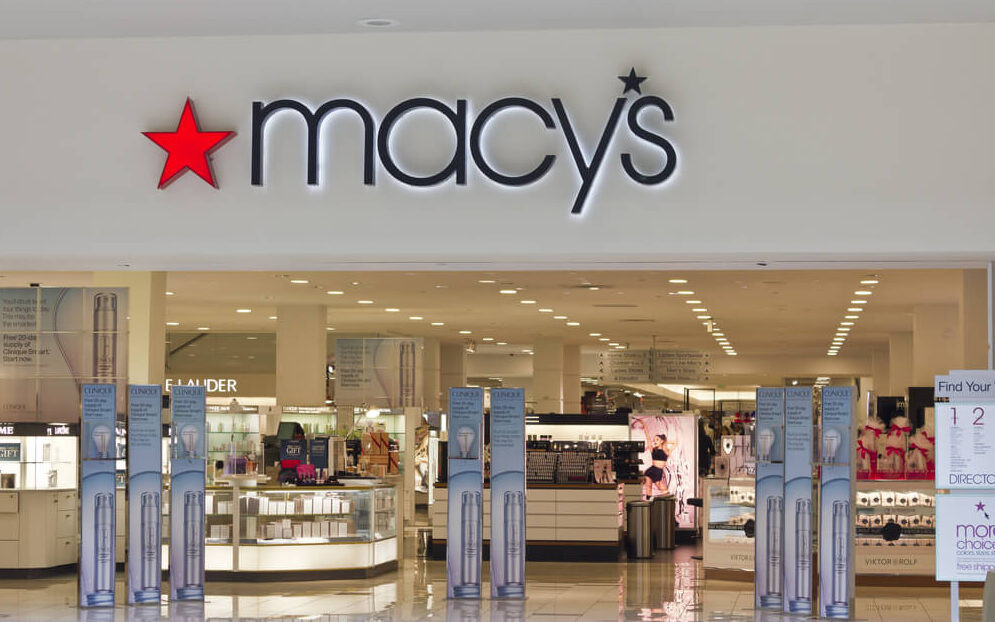November is almost upon us. I have been considering what moves to make, if any, in my Stocks and Shares ISA in the coming weeks. Here is a share I am thinking about buying for my ISA next month.
A stock I already own is on my radar as a possible addition to my ISA — M&G (MNG.L).
Back in March, the asset manager was selling for about £2.39 per share at one point. Since then, investor enthusiasm for seems to have fallen somewhat and it can now be picked up for under £2 apiece.
At that price I see it as offering good value. The current share price also means that the yield is now 10.1%. For a FTSE 100 (^FTSE) share, that is unusually high. Only Phoenix (PHNX.L), at 10.7%, has a prospective yield that is higher.
At the end of that period, my shareholding ought to be worth £5,481. With a 10.1% yield, that would mean I would be earning over £550 of passive income annually for £800 invested today.
But will that happen?
One thing to note is the share price. My compounding example uses the current dividend yield of 10.1%, suggesting no share price movement over 20 years. But as the recent chart action shows, the M&G share price has not been flat – and I do not expect it to be over two decades.
It could go down. Indeed, it is 10% below where it was five years ago.
Then again, it may also move up, improving my long-term returns. With a strong brand, proven business model and millions of existing customers, M&G’s market capitalisation of £4.7bn looks cheap to me.
What about the dividend?
M&G aims to grow or maintain its dividend annually. Since setting that policy a few years ago, the FTSE 100 firm has delivered on it, although that does not necessarily mean that it will continue to do so.
If a weak economy results in a financial market wobble at some point, or even a stock market crash, I expect that would lead many policyholders to withdraw their funds, hurting revenues and profits at M&G. That could lead the asset manager to review its dividend.
But I see a lot of strengths in the business. I think one reason it has drifted down since the spring is simply that it is not an exciting business and its business performance, while fine, has not been notably good lately.

















